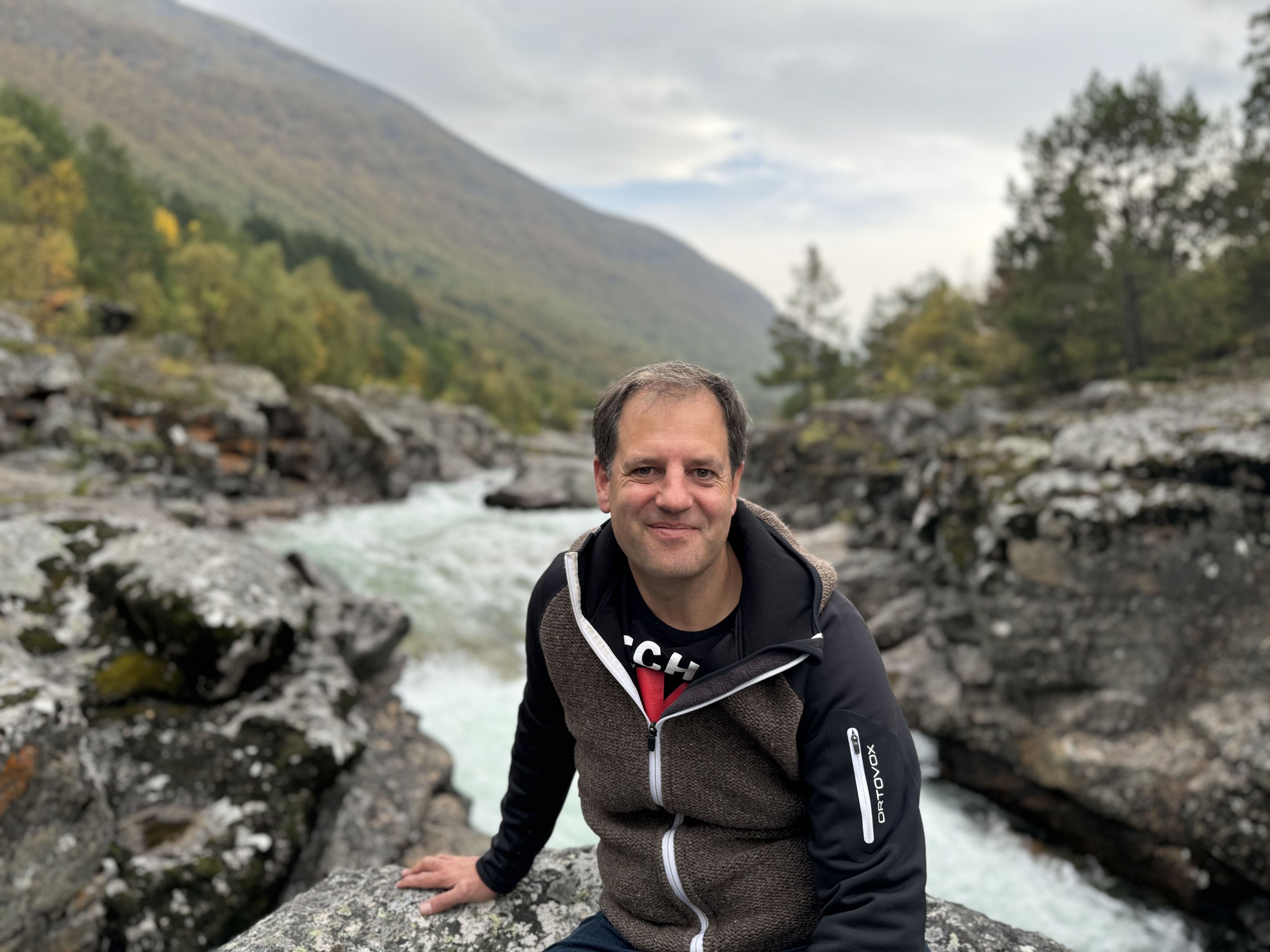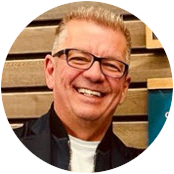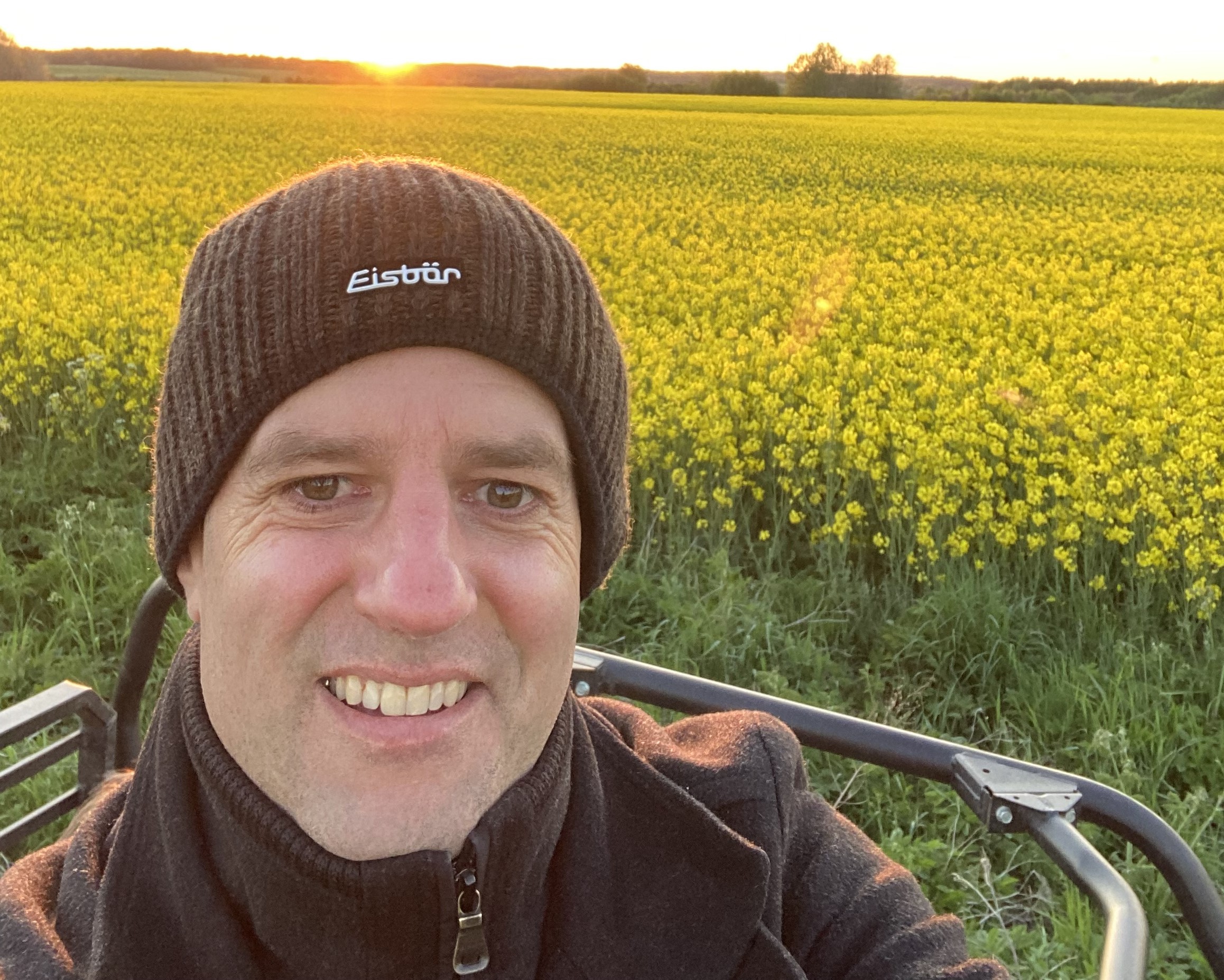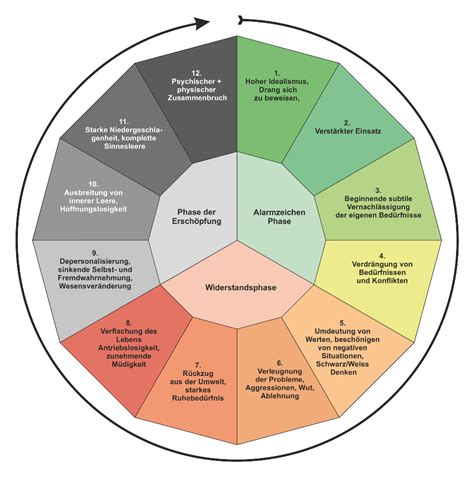
Interview with Sven Kretzschmar
"There is never one event that leads to a collapse."
Sven Kretzschmar would never have thought that he, of all people, could end up in a burnout. That's why he overlooked many warning signs. He shares his experiences so that others don't suffer the same fate. Photo: Jaana Kretzschmar
Sven Kretzschmar would never have thought that he, of all people, could end up in a burnout. That's why he overlooked many of the warning signs. He shares his experiences so that others don't suffer the same fate. Photo: Jaana Kretzschmar
Sven Kretzschmar, Head of Brand Management Germany and Austria at food company Hipp, on mental health, the responsibility of managers and his own burnout.
tw tagungswirtschaft: You talk very openly about your burnout experience, soon even on stage at the Nextlive.Festival. Why did you decide to do this?
Sven Kretzschmar: The question is absolutely justified. Many people who come back to work after a burnout choose not to talk about this time at all. And that's their right. A burnout is a profound, usually even life-changing experience that is very intimate for many and therefore justifiably a private matter. That also applies to me. But precisely because the experience was so massive for me and my family and threw us off course, I decided to do what I could to protect other people from it. I want to sensitise potential sufferers and their managers and give them tips on how to avoid burnout or at least take countermeasures in good time when the first warning signs appear. Because if I had recognised these signals as such, I and my family would probably have been spared a life-threatening experience.

Hans Schriever
"Three questions for Hans Schriever"
Managing Director of the live marketing agency Nextlive and host of the Nextlive.Festival 2024.
If you missed these warning signals, how - and when - did you realise that something was wrong?
I couldn't sleep from one day to the next. Sure, everyone has insomnia at times - me too. But going to bed at half past eleven and waking up an hour later and lying awake for the rest of the night - I'd never had that before. And certainly not for many months. I still didn't recognise it as burnout at first. I thought it was a stress reaction or something hormonal and despite the huge lack of sleep, I managed to keep going for another eight weeks. I had planned a three-week holiday over Christmas and assumed that things would be better again afterwards. Unfortunately, that wasn't the case. The insomnia remained. I realised then that I had a bigger problem.
Then you realised that it could be a burnout?
Yes, there is never one single event that leads to a breakdown. In burnout research, we talk about an accumulation of unpleasant emotions, the so-called "quantitative burden", which weighs on the soul like boulders for months, sometimes years, and burdens the person. It was the same for me. These external factors are very individual; in my case, they mainly took place in a professional context. However, there was also a pre-vulnerability that was caused by the very stressful coronavirus period and intensified by the coronavirus-related loss of my father and a few other events. All of this had weakened my resilience, i.e. my emotional defence system. In the end, my system pulled the emergency brake. The final collapse came almost 18 months after the first warning signs.
What can those affected do to avoid this final collapse?
It pays to be vigilant. Because recognising the early signs can save you a lot of painful experiences. It is helpful to have a rough understanding of the burnout cycle. It can be divided into twelve phases, from the first warning signs to the so-called "shutdown". The first four phases can still be regarded as warning stages. And all of them were almost picture-perfect for me.
Can you describe these warning levels in more detail?
It often starts with the compulsion to prove oneself. A common entry point into the burnout cycle is excessive ambition: you want to do your job particularly well. This desire often turns into doggedness. I too had excessive demands on myself and over time it became increasingly difficult to fulfil the requirements in the time available. So you gradually increase your workload. The second phase follows: increased commitment. In order to meet the high standards you have set yourself, you work even harder, often with the idea that you have to do everything yourself, especially urgently. A feeling of indispensability sets in - that's how it was for me too. However, due to the hectic pace and doggedness, more and more energy has to be expended in order to complete the same amount of work. This is why output often drops during this phase and small mistakes are often made. The third phase is the subtle neglect of one's own needs. You find the workload in this phase normal. I could almost describe the feeling of being needed so much back then as pleasant. Eating, drinking, breaks, sport, sleep, social contacts, family - all of this has to take a back seat. The lifestyle becomes increasingly unhealthy and the first sleep disorders often occur. It was the same for me.
That sounds extremely stressful. Were you really able to ignore all your concerns during this phase and convince yourself that it's normal to work so much?
In any case. I often woke up at four o'clock in the morning because my head wanted to get back to work and I sat down at my laptop to "get something done". At the time, I didn't think it was wrong at all, but rather an energy boost. A bit like in the song: "I just have to save the world quickly." Everything was important.
Did your environment, your family see it that way? Was there no criticism from outside?
Of course it is. And this is the fourth phase in the cycle: the suppression of conflicts and needs. My own needs fade more and more into the background and my private life becomes more and more limited. I increasingly gave up my table tennis Mondays, which had always been sacred to me. I stopped going running, hardly met up with friends - and met with less and less understanding. This led to more frequent arguments - with family, friends, work colleagues or superiors. When you're so energised and also sleep badly, you can function. But you lose all sensitivity and tact when dealing with others. Incidentally, this is also the point at which all alarm bells should ring for superiors. Because in this fourth warning phase, otherwise reliable employees - who are often even the top performers in the team - suddenly start to become less precise, fail to complete promised tasks or are unpunctual. This is when mistakes that would never have happened to the employee in the past become more frequent.

Today, Sven Kretzschmar - here on Stefan Hipp's organic farm - is once again working as a top manager at the Hipp Group. Photo: private
How did your manager react?
My employer, in my case the owner of Hipp, gave me excellent support! The company not only showed me complete understanding, but also made it clear that the most important thing right now was that I learnt to sleep again and get well. We had initially agreed to take up to six months off. And when it became clear that it would take much longer, I was given the time I needed to get completely healthy again. The certainty that I was still a desirable employee even after such a long illness and that I had a secure job at Hipp was particularly valuable for my recovery. Because, of course, you worry about finances when you burn out. Knowing that there would be a secure income again if I recovered and could return to work gave me and my family a good sense of hope and gave us support. Even though during the burnout I really didn't believe with any fibre of my being that a recovery was possible. This certainty is not a given at all companies.
How did you master the way out of the crisis back into everyday life and what helped you the most?
The time from burnout to returning to work took me almost a year and a half, which is almost as long as the time it took to burnout. That's very common. My family helped me a lot, especially my wife, who supported me immensely, as well as an excellent therapist who made me believe that everything could get better at some point. The decisive factor, however, was the boundless acceptance that everything is the way it is and that I can't influence anything for the time being. However, getting to this point was very hard: for almost a year, I had to walk through the deepest valley I had ever had to walk through - and reach the bottom in order to feel it again. And then to slowly climb back up again.

"My simple advice is to keep a balance."
Sven Kretzschmar, Head of Brand Management Germany and Austria at Hipp
How does the burnout experience affect you as a manager? Do you look after your employees differently?
You always come back from such a fundamental experience as a different person and also as a different manager. I now attach much more importance to personal conversations with my employees than before and make sure that it's not always just about projects, performance and KPIs. All of that is important. But for people to be able to perform at their best and be creative, it's important that they feel good and that they feel understood and valued: as people with their idiosyncrasies and also with their worries and needs. As a very ambitious marketer, this is not always easy for me. But whenever I succeed and have taken the time for these important conversations, everyone feels better afterwards. The employees, but also myself. And that's important. For me, the main qualification of a good manager is the four Ms: Man Muss Men Mögen! And that also means taking responsibility for ensuring that these people stay healthy.
And what advice would you give to potentially affected people in the event industry?
My simple advice is to keep a balance. Pursuing the job you enjoy with joy and energy - and getting great things done is fantastic and makes you happy. Stress also has a positive side and enables us to perform at our best. But that's not all! Afterwards, we need to de-stress so that the stress hormone cortisol can drop and we can sleep well. So just sit down from time to time and feel inside yourself: How am I feeling right now? Is everything okay? And if not, what do I need right now to feel better? Should I perhaps call it a day earlier and meet up with friends or go to the sauna? And don't forget: The most important person in your life is you! And then everyone else!
Sylvia Lipkowski
